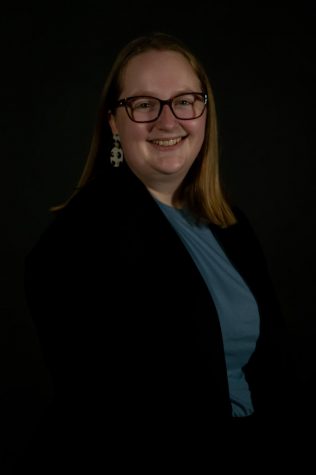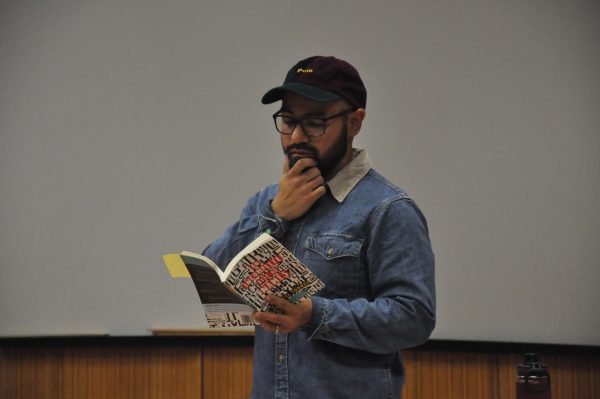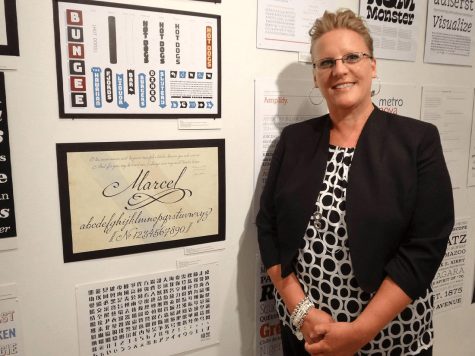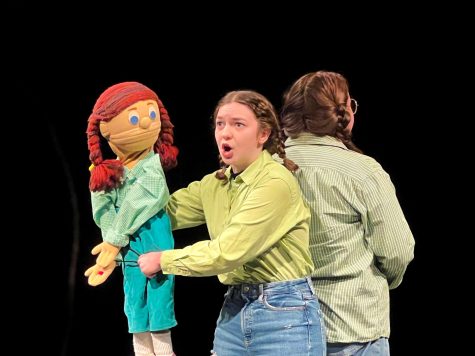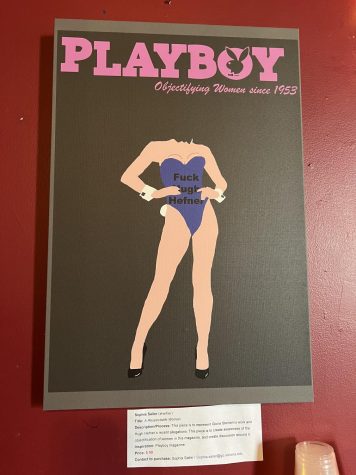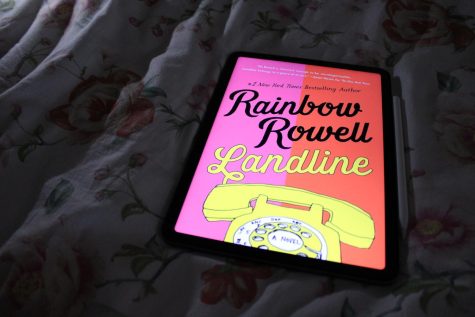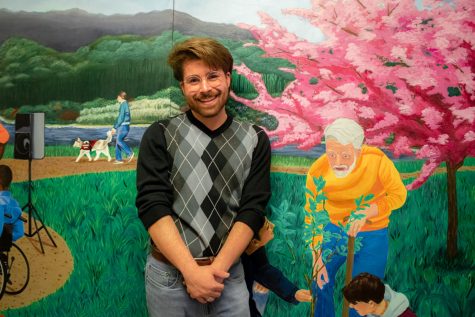THAD changes spring production due to COVID-19
March 3, 2021
From Feb. 22-23, the theatre and dance (THAD) department held auditions for a spring production titled “These Shining Lives” by playwright Melanie Marnich.
“These Shining Lives” will be streamed April 14-17. A normal performance schedule has between 6-8 shows during the academic year.
Tickets are $6 for students and $12 for other attendees.
The show, with an estimated run-time of about 90 minutes, focuses on the true accounts of women workers in radium dial factories during the 1920s and 30s.
Associate professor and THAD department chair Heather Williams-Williams spoke to the plot of the play, of which she is director.
In preparation for this historical production, Williams-Williams also read the novel “The Radium Girls: The Dark Story of America’s Shining Women” by Kate Moore.
The women featured in the play and Moore’s book were tasked with painting watch faces and would lick the paintbrush tips to get precise marks.
Williams-Williams mentioned this is how the paint used became known as “lip-dip paint.”
“They were constantly putting this poison in their mouths and the company didn’t know the effects of radium. But once they found out, they didn’t share with the workers,” Williams-Williams said.
The workers continued to fall ill, experiencing arthritis and loss of teeth. Although the company doctor failed to disclose the truth, leading the women to find a doctor who informed them.
With no cure for radium poisoning and several women already dead, the company took the women to court six times, with the women winning every time in appeals.
This case played a key role in the workers’ rights movement, leading to legislation, unionization and worker’s rights.
Williams-Williams said the historical play also has a hopeful nature.
“It has that feeling of camaraderie of the four female characters that work at the factory. These women never considered themselves victims,” Williams-Williams said. “They’re fighters. It’s a powerful piece.”
The script uses the true names of the factory workers and doctors.
In response to COVID-19, this production was selected to comply with social distancing and other guidelines. The intended production was “Cabaret”, which Williams-Williams hopes will be put on in a future THAD schedule.
The pivot from “Cabaret” to “These Shining Lives” was made on short notice in January of this year, Williams-Williams said, but she spoke impassionedly about the script every time she has read it in the past, which helped the decision.
Auditions and rehearsals will take place in the Dorothy B. Magnus Black Box Theatre in the university’s Performing Arts Center (PAC) before moving to the main theatre.
Williams-Williams notes that 12-foot circles are painted onto the floor to indicate the distance performers can move in.
With a cast of seven, two stage managers and Williams-Williams directing, the production consists of 10 people.
Despite COVID protocols, Williams-Williams said the rehearsal process has been regular, if not a bit shorter to accommodate the cast size and production length.
However, she also mentioned that the number of stage crew needed to assist the smaller cast hasn’t shifted that much. The amount of backstage assistance needed has decreased because this show focuses less on shifts in scenery, according to Williams-Williams.
An unintentional positive Williams-Williams has seen with streaming performances is the potential to reach audiences who wouldn’t usually be able to attend in-person.
Streaming also allows for people to watch the show at any time for 48 hours after renting, unlike set live-performance times.
The performances will be streamed in April through a site called ShowTix4U. The link can be followed at ShowTix4U.com/events/WSUTHAD.
Another positive Williams-Williams notes is people’s hunger to be together.
“When we are able to produce something, it’s just really special. There’s a moment of ‘we did it.’ We jumped over some hoops and created art,” Williams- Williams said.
“These Shining Lives” is one of three performances this spring. The other two were Dancescape and Rochelle Hovde’s senior capstone; both streamed digitally.
Rochelle Hovde speaks to her experiences finishing her THAD degree during COVID, as well as her involvement in the production.
Hovde will portray Charlotte.
In terms of how this production differs from others in the past, Hovde said this play is sadder and more real.
“This play has humor, but it’s more realistic than other shows. This semester feels like it’s about shows that show life isn’t always easy,” Hovde said.
Hovde mentioned the theatre environment has shifted as hang outs in the green room have been halted. This has made getting to meet and see cast mates hard, according to Hovde.
“Theatre is one big family, so that connection is important,” Hovde said.
Hovde hopes both performers and participants retain a “longing for the arts,” not dulled by the persistence of COVID.























































